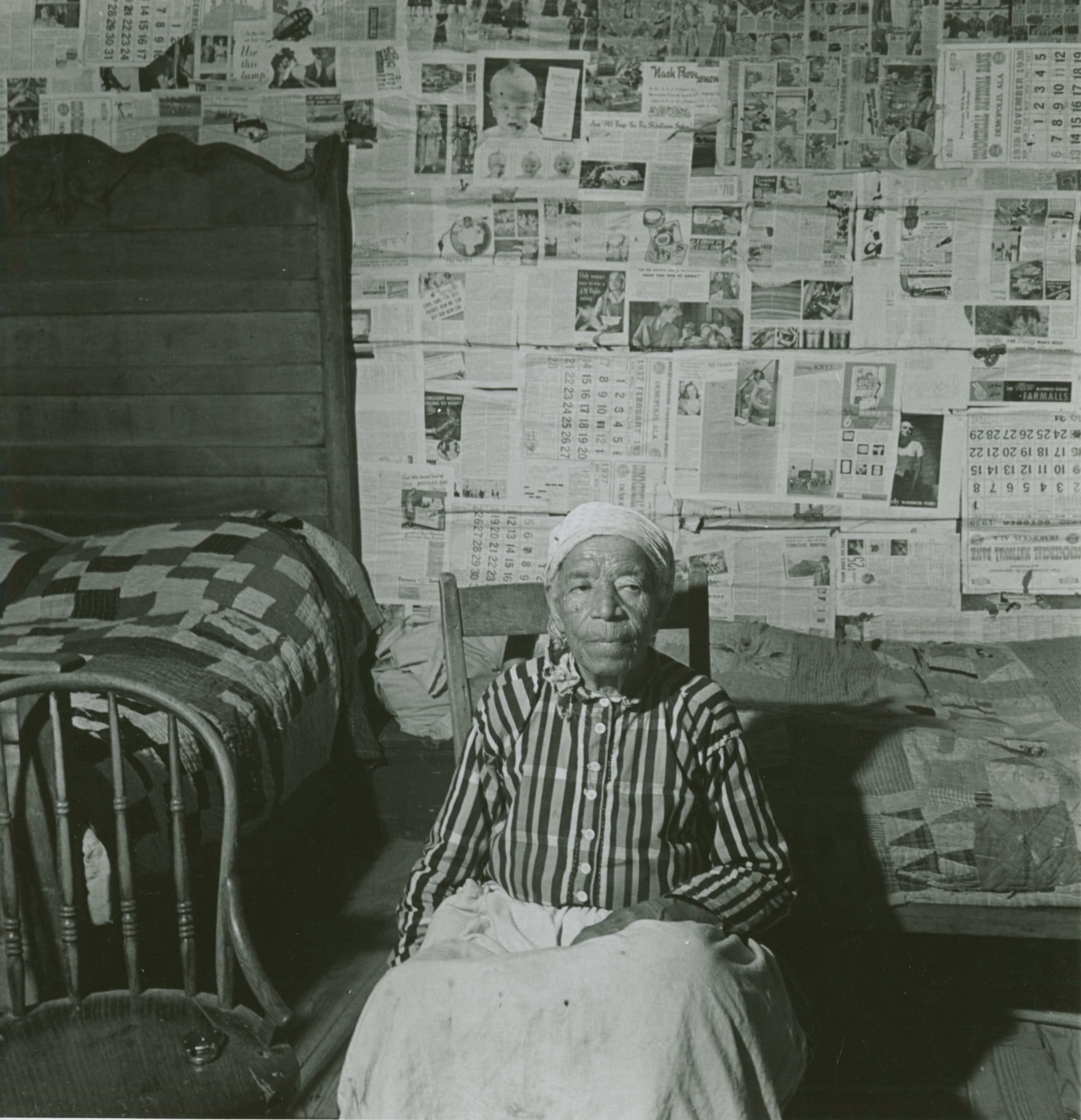I learned about Juneteenth for the first time in 3rd grade. Ms. Anderson, the student-teacher in my class at the time, read to us about how Major General Gordon Granger landed at Galveston, Texas with news that the war had ended and that the slaves were now free. This was two and a half years after President Lincoln’s Emancipation Proclamation. (signed in 1863)
“The people of Texas are informed that in accordance with a Proclamation from the Executive of the United States, all slaves are free. This involves an absolute equality of rights and rights of property between former masters and slaves, and the connection heretofore existing between them becomes that between employer and hired laborer.” – General Order #3
I may have learned about it at an early age, but I didn’t understand the significance of Juneteenth until I moved to Washington DC in 2010 DOE (During Obama’s Era). Juneteenth was celebrated throughout Through my students and the community, I got to see what Juneteenth looks like up close. I got a chance to participate in parades, go to exhibits opened up specifically to celebrate the day, and enjoy cookouts. I may have participated but it didn’t click until a couple of weeks later.
This was also my first fourth of July in the nation’s capital. Of course, there was a ton of stuff to do. I got a chance to visit the monuments, went to a couple of cookouts, and watched fireworks. I also got to listen to President Obama’s 4th of July speech.
He mentioned something always normally mentioned in most 4th of July presidential addresses but it hit differently.
“Two hundred and thirty-four years later, the words are just as bold, just as revolutionary, as they were when they were first pronounced: “We hold these truths to be self-evident, that all 1 men are created equal, that they are endowed by their Creator with certain inalienable rights; that among these are life, liberty, and the pursuit of happiness.” (to read the whole speech click here.)
And at that point, I realized what Juneteenth meant. It was more than the celebration of the end of slavery. Juneteenth is the celebration of a promise fulfilled. Part of the quote in Obama’s speech is from the Declaration of Independence.
“We hold these truths to be self-evident, that all men are created equal, that they are endowed by their Creator with certain inalienable rights; that among these are life, liberty, and the pursuit of happiness.”
All men… created equal… endowed by their creator… inalienable rights… This is what the founding fathers wrote to King George to justify their need to break away from Great Britain and form their own country. This is the foundation of what drove collective action in the revolutionary war. People fought against an oppressive regime for these inalienable rights.
Sounds familiar? It’s crazy a country that had just shed blood over these inalienable rights would then go and create a 10x more oppressive state for black people. That isn’t living up to its promise if this isn’t for everyone. That’s why June 19th, 1865 is so important. The end of slavery as a state-sanctioned institution in the United States brought us one giant step closer to a more perfect union.
As we can all see, we’ve still got a long way to go. That’s for damn sure. I see all the companies getting the day off and all the celebrations around the country and honestly, it’s great to see. But I wonder, do people get it? Do they understand why Juneteenth is so central to the history of the United States? Do they understand, its way more than a black holiday? This is our history. This is the history of us.


